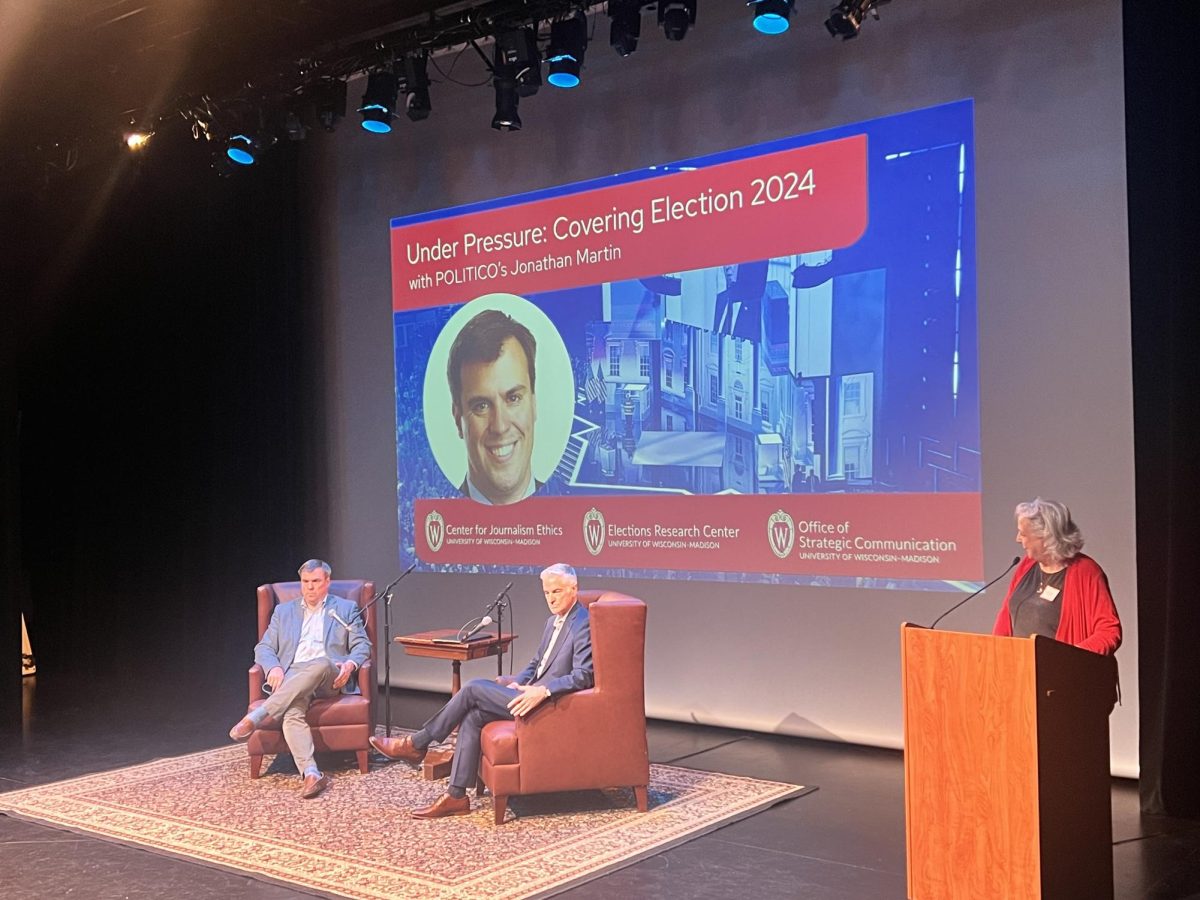The U.S. Senate made the most significant changes to campaign-finance legislation in nearly three decades Wednesday. The bill, passed after seven years of political battles, was meant to influence the use of soft money and has gained momentum in the past few months, since the Enron scandal broke.
The Senate passed the legislation in a 60-40 vote. The bill, approved five weeks ago by the U.S. House of Representatives, is heading to President Bush, who is expected to sign the bill.
Supporters of the bill were able to gain 68 votes to end its debate, ending the threat of a filibuster that has killed the bill in the Senate in previous years.
Opponents have shifted their attention from the Senate to the courts, vowing to challenge Democrat support on the grounds that it violates free speech. Sen. Mitch McConnell, R-Kentucky, has vowed to fight for the right to use soft-money contributions.
The elimination of “soft money” in campaigns would ban hundreds of millions of dollars in unregulated donations to political parties by individuals, corporations and unions.
Also regulated under the bill is “hard money,” which involves direct contributions to individual candidates.
The bill also prohibits unions and corporations from using soft money to pay for advertising that mentions a federal candidate within 60 days of a general election and within 30 days of a primary.
Organizations can finance some advertisements through political action committees, but the donor’s name must be disclosed.
The amount of hard money contributions allowed to congressional and presidential campaigns would also be doubled to $2,000.
Jay Heck, executive director of Common Cause in Wisconsin, a non-partisan citizen advocacy group, called the bill’s passage a victory.
“After six long years, victory has been won,” Heck said. “The measure now goes to President Bush who has indicated he will sign it into law.”
The McCain-Feingold bill, Heck said, will make the biggest change in campaign finance donations since the limits were imposed. He also said the bill will weaken the influence of soft-money donators who contribute large sums of money to candidates and in return expect favors.
Sen. Russ Feingold, D-Wisconsin, has fought for the bill’s passage since 1995.
“This bill won’t fix every problem in our campaign finance system,” Feingold said. “This bill won’t miraculously erase distrust and suspicion of Congress overnight.”
Supporters say the bill gained momentum because of the bankruptcy of energy giant Enron.
“It won’t completely end the primacy of money in politics ? but this is a step in the right direction,” Feingold said. “It’s a big step.”
The bill will have drastic effects on campaign funding in the next election. It is not clear who will be more hurt the most the by bill–Democrats or Republicans, who collectively raised nearly $500 million in soft money for the 2000 election.
–Reuters contributed to this report







